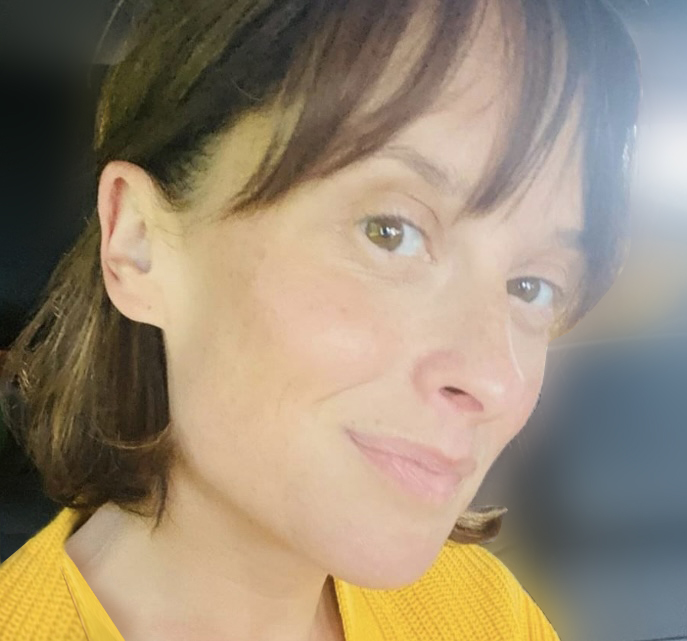Sometimes
We can hide behind our words…
the words are not there…
it is difficult to talk…
Movement is our common ground of communication.
What is MPS?
Movement Psychotherapy (MP), which is a fellow therapy under the umbrella of Arts Therapies, uses natural body movement to express our thoughts, feelings, and how we relate to others around us.
We all have thoughts in our mind however we can often forget about our bodies and the emotions they can hold.
MP is aware that the body and mind are linked via the nervous system. Our body movements, therefore, reflects our personality and gives further insight into how we may be feeling.
Appropriate working with the body can have an effect on mental and emotional states, as well as on the body itself.
OUR AIMS
MPS is a psychotherapeutic service based
in Lanarkshire, Scotland
Our aim is to provide therapeutic support
to families who have a child or young
person with a diagnosed neurodevelopmental condition(s).
MPS is specifically interested in providing support to those who have received a diagnosis of Autism Spectrum Disorder.
In particular, MPS is keen to provide individual, group and family movement psychotherapy sessions to nonspeaking autistic children and young people.

What does MPS do?
When providing therapeutic interventions to nonspeaking autistic children and young people, it must be accessible to meet communication preferences.
Our body and mind are intrinsically linked therefore, when thinking about psychotherapeutic treatment, it is crucial that both the body and mind (soma and psyche) are involved in the therapeutic process. Working with individual movement patterns, profiles and signatures (a bit like body language), it can create effective and long lasting psychological, psychophysical, and psychosocial shifts.
1
THINKING
At times, we can become ‘lost’ and ‘stuck’ in our thoughts. MP can help reconnect our body and mind connection.
2
FEELING
Our bodies hold onto our emotions. Attuning to our feelings through movement, we can physically feel and ‘let go’ of tensions held in the body.
3
BEHAVING
By exploring our thoughts and feelings through the use of movement, we can create a positive shift with how we manage and respond to our emotions, events and situations in our life.
By paying attention to what our bodies are expressing, it can help us to understand and make sense of our difficult thoughts and feelings, especially when talking about them may be too difficult or not possible.
Sometimes worlds are unable to match how we are feeling inside. This can lead us to find it difficult to verbally express how we are feeling, as the words are just simply not there!
Our overwhelming thoughts and feelings still need to be released however, and the only way left is to express them through our behaviour. This way unfortunately, may lead us to feel negative emotions as a result. If our patterns are not changed, we shall only continue to repeat this cycle.
Through time, once we have developed and expanded our own movement profile, this can help build our body and mind connection. In turn, this can then help develop our speaking and nonspeaking expression, how we relate to ourselves and others around us.
How can MPS help?
MPS provides theraputic support to nonspeaking autistic children and young people, and their families.
MPS can focus on;
1
Attachment, Self-awareness and attunement
2
Body and mind connection (to help increase psychological and psychophysical processes)
3
Build and develop relationships with self and others
4
Emotional regulation and Increase communication and expression

